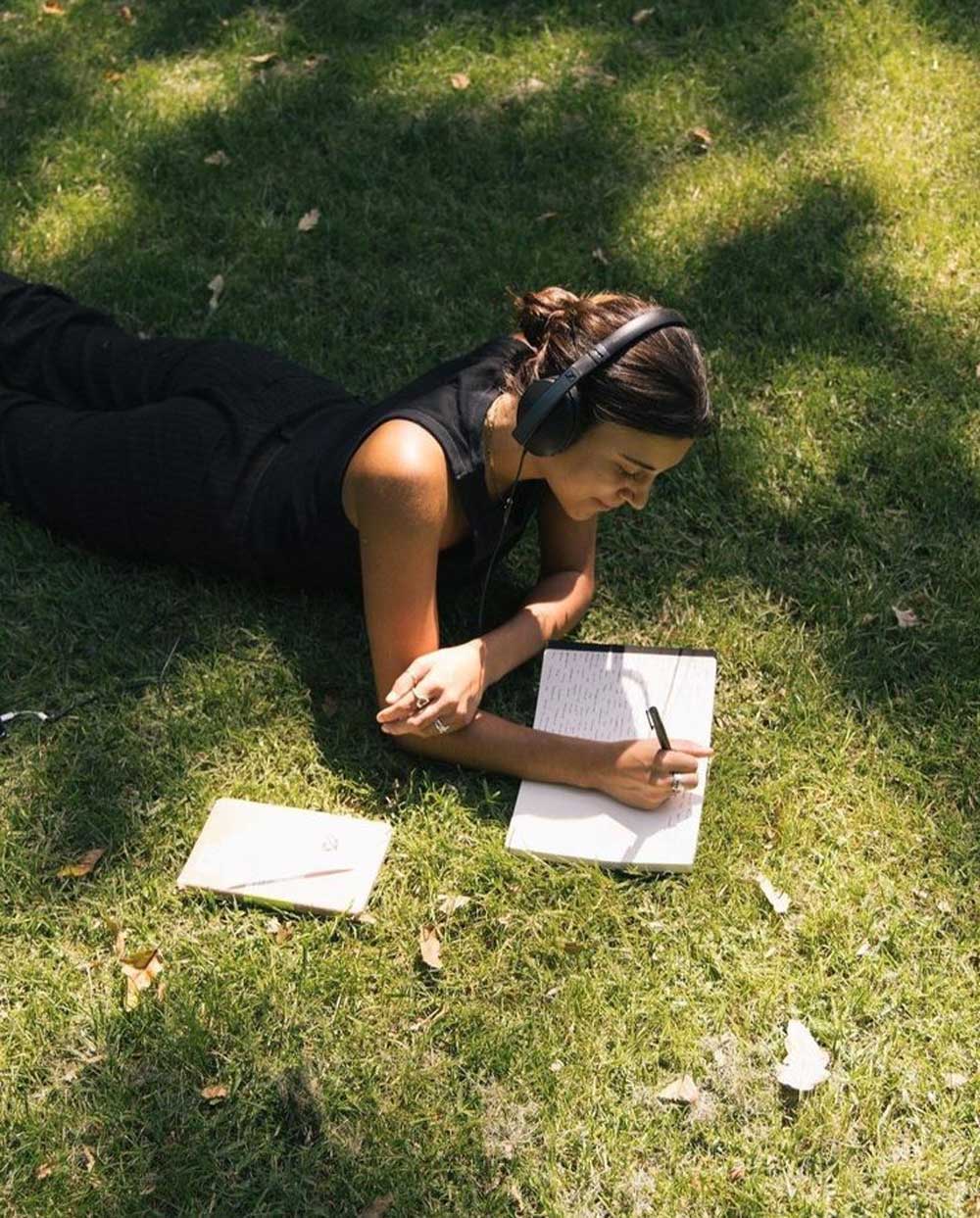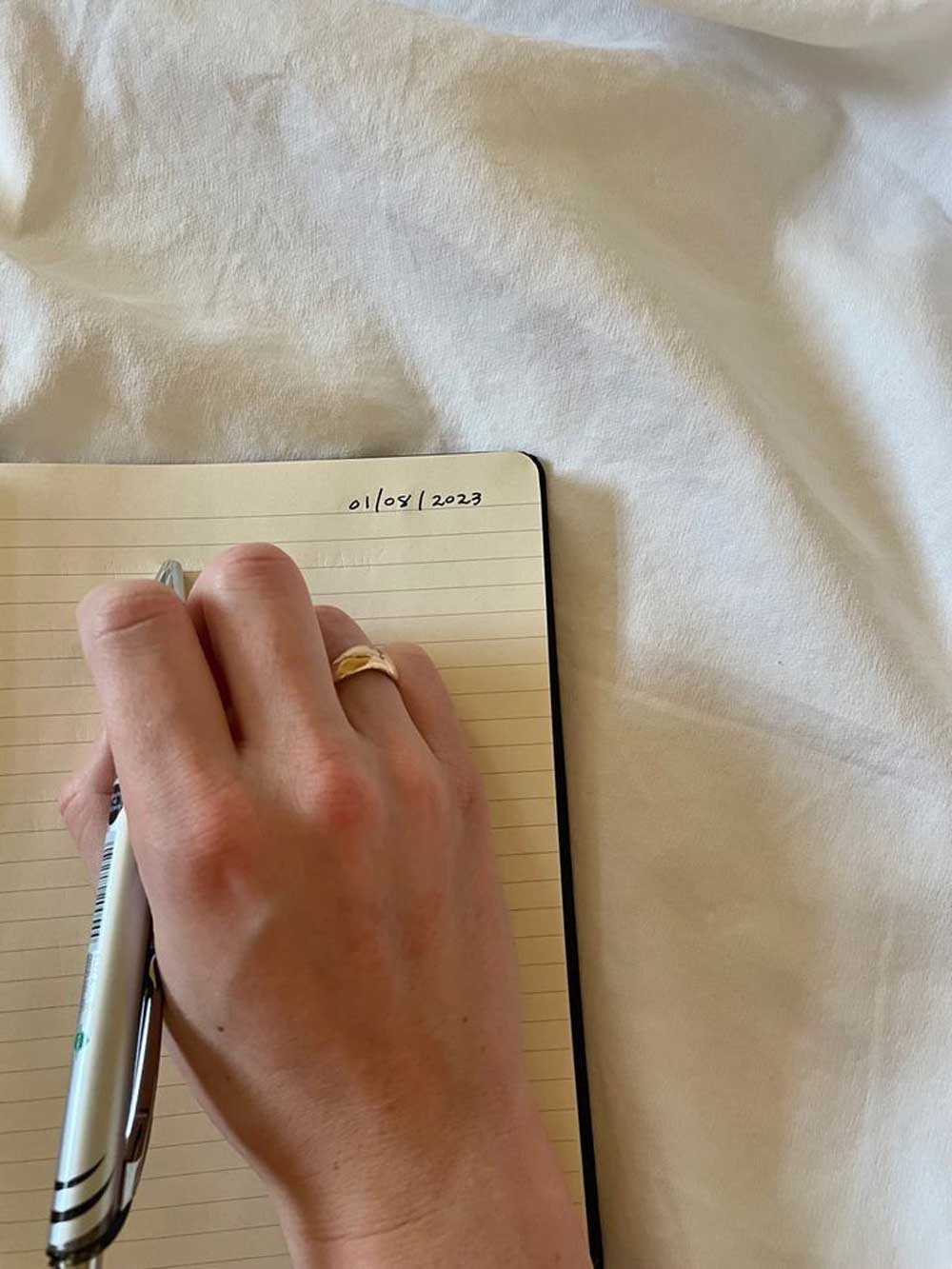
Gratitude Writing Improves Mental Health
In multiple randomised controlled trials, participants who engaged in gratitude journaling or wrote letters of thanks to someone they had never properly acknowledged reported significantly higher levels of happiness and well-being. Compared to control groups—who either wrote about neutral topics or focused on negative experiences—the gratitude groups experienced sustained improvements in mental health.
This practice doesn’t just provide a fleeting emotional lift; the benefits have been shown to endure over time. One study, for instance, found that the positive effects of writing gratitude letters could still be felt weeks later—even if the letters were never actually sent.
Gratitude as a Buffer Against Stress
Gratitude might also play a powerful role in how we cope with stress. In studies where participants were surveyed multiple times across several days, researchers noticed that individuals typically experienced lower well-being on days when they reported higher stress or worry. However, those who also reported feeling more grateful on those stressful days experienced less of a drop in well-being.
In other words, gratitude doesn’t necessarily eliminate stress, but it can soften its emotional impact. A separate study focusing on Korean firefighters—a group known for facing high occupational stress—found that those who reported higher levels of gratitude also felt less burnt out and were better able to cope with the demands of their jobs.
Gratitude and Physical Health

We Feel Most Grateful When Help Is Asked For
Not all experiences of gratitude are created equal. Recent studies explored how people respond to help they’ve asked for (reactive helping) versus help offered unsolicited (proactive helping). While offering help without being asked is often well-meaning, the research found that people felt more grateful—and helpers felt more appreciated—when the help was requested directly.
This may be because reactive help tends to be more specific and targeted: the person in need is able to articulate what kind of support they require, and the helper can respond accordingly. The takeaway isn’t to stop offering support when we see someone struggling, but rather to open a dialogue: asking “Do you need help?” or “How can I support you?” may foster deeper gratitude and more meaningful connection.

So, Should You Keep a Gratitude Journal?
In short: yes. Whether you jot down three things you’re thankful for each morning or write letters of appreciation once a week, gratitude journaling is a low-cost, low-effort habit that science shows can have a lasting impact on your mind and body.